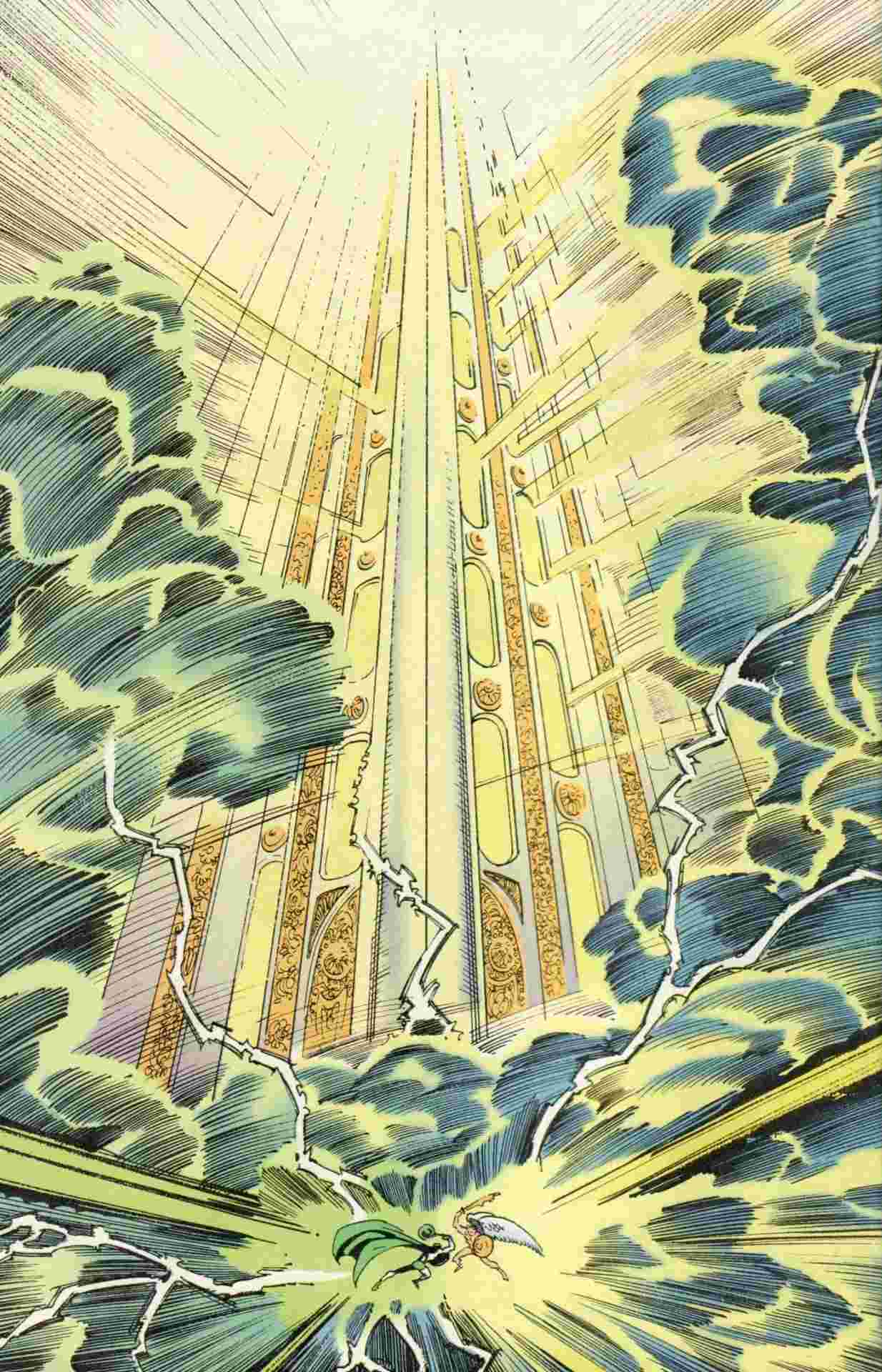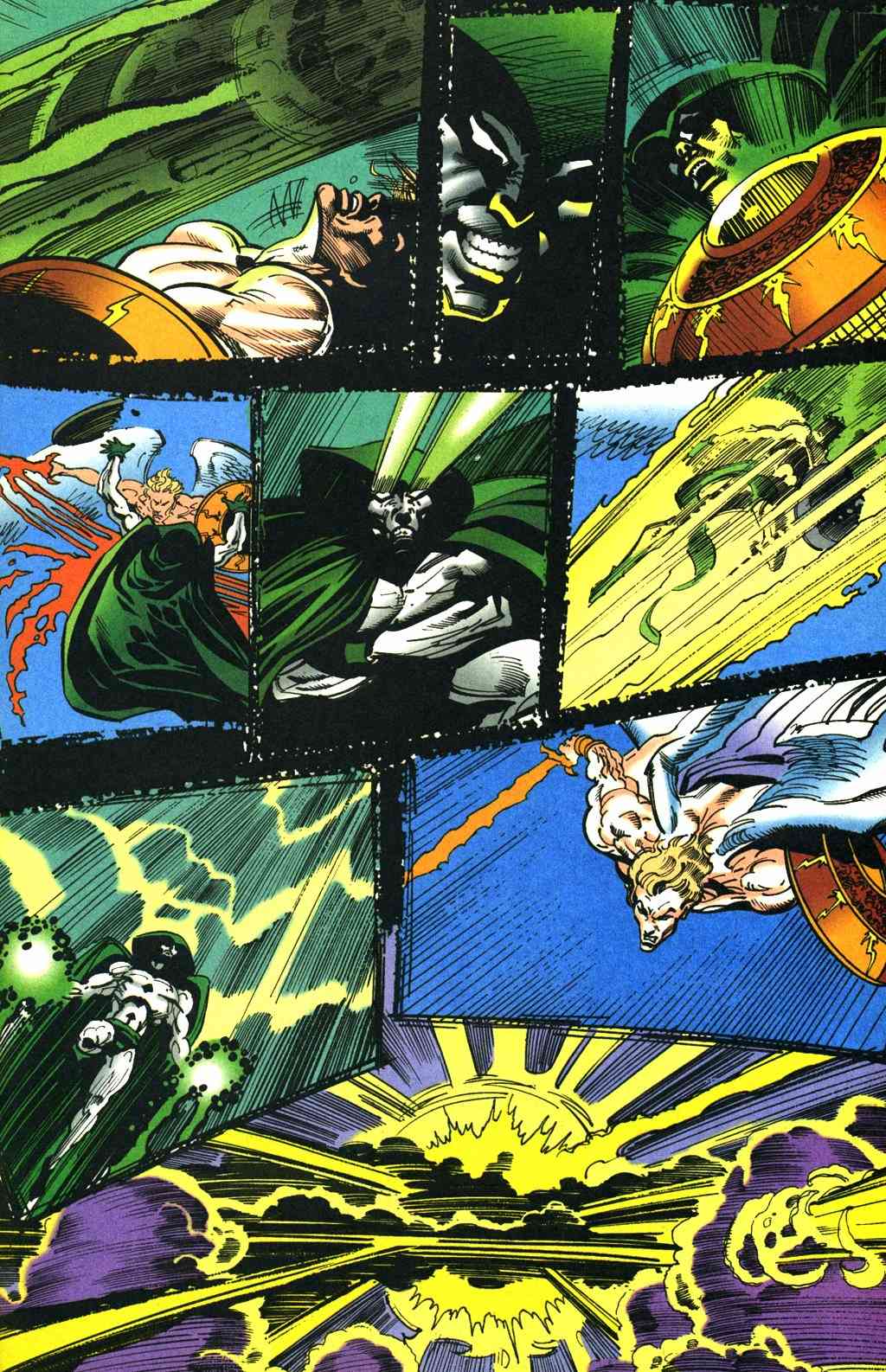
Rosenzweig and Thelen found that history as taught in school does not inspire a strong connection to the past. While the past is omnipresent to Americans, "history" as it is usually defined in textbooks leaves many people cold.


Kennedy on television when she was a child. Others reveal how they personalize historical events, as in the case of a Massachusetts woman who traces much of her guarded attitude toward life to witnessing the assassination of John F. An African American man from Georgia tells how he and his wife were drawn to each other by their shared experiences and lessons learned from growing up in the South in the 1950s. A young woman from Ohio speaks of giving birth to her first child, which caused her to reflect upon her parents and the ways that their example would help her to become a good mother. By using these narratives to mark change and create continuity, people chart the courses of their lives. Rosenzweig and Thelen found that people assemble their experiences into narratives that allow them to make sense of their personal histories, set priorities, project what might happen next, and try to shape the future.
#THE PRESENCE SERIES#
The result is a surprisingly candid series of conversations and reflections on how the past infuses the present with meaning. In a sweeping survey, Roy Rosenzweig and David Thelen asked 1,500 Americans about their connection to the past and how it influences their daily lives and hopes for the future.

Each of us has ways of communing with the past, and our reasons for doing so are as varied as our memories. Others keep diaries, plan annual family gatherings, or stitch together patchwork quilts in a tradition learned from grandparents. Some people make photo albums, collect antiques, or visit historic battlefields.


 0 kommentar(er)
0 kommentar(er)
